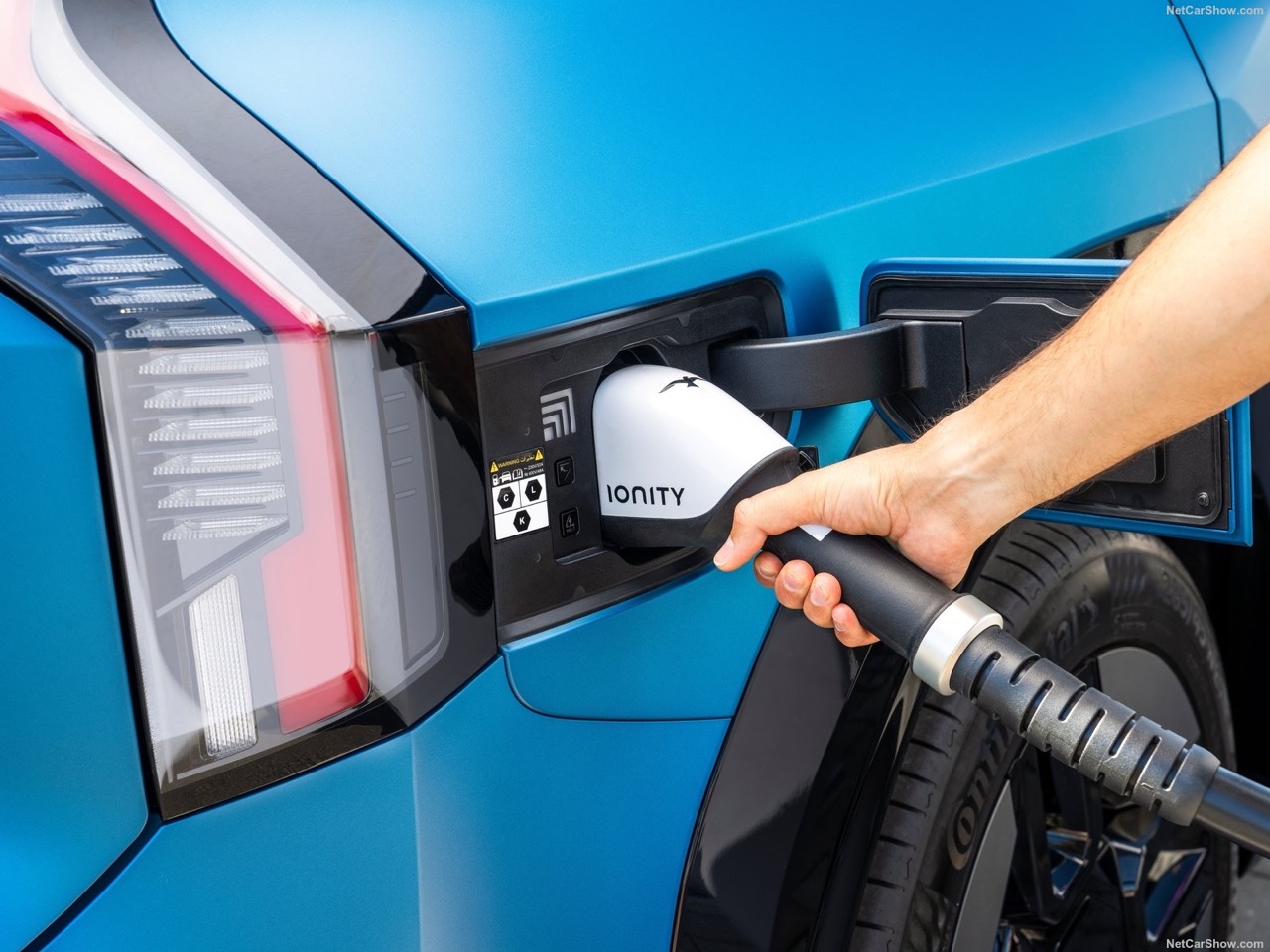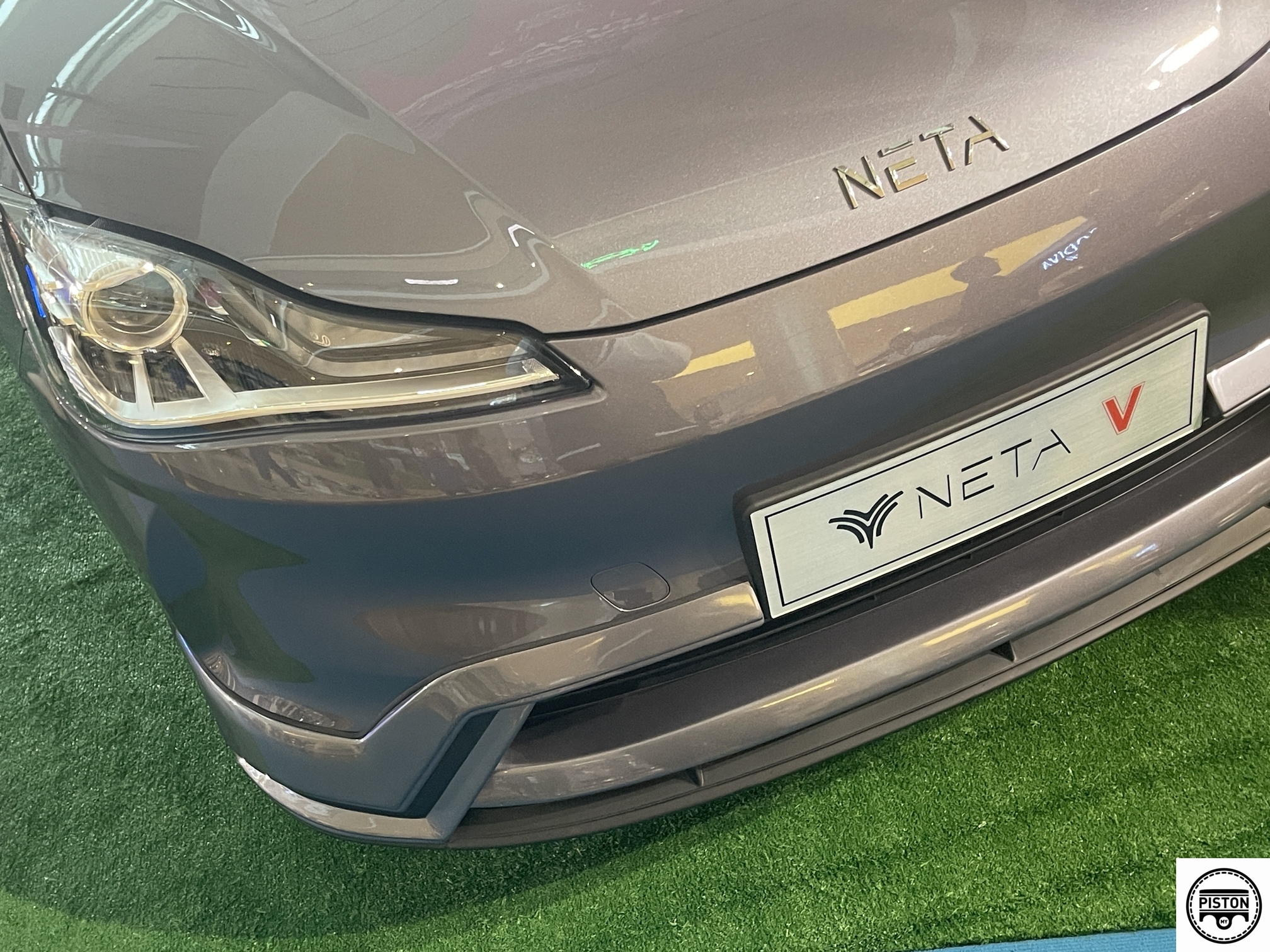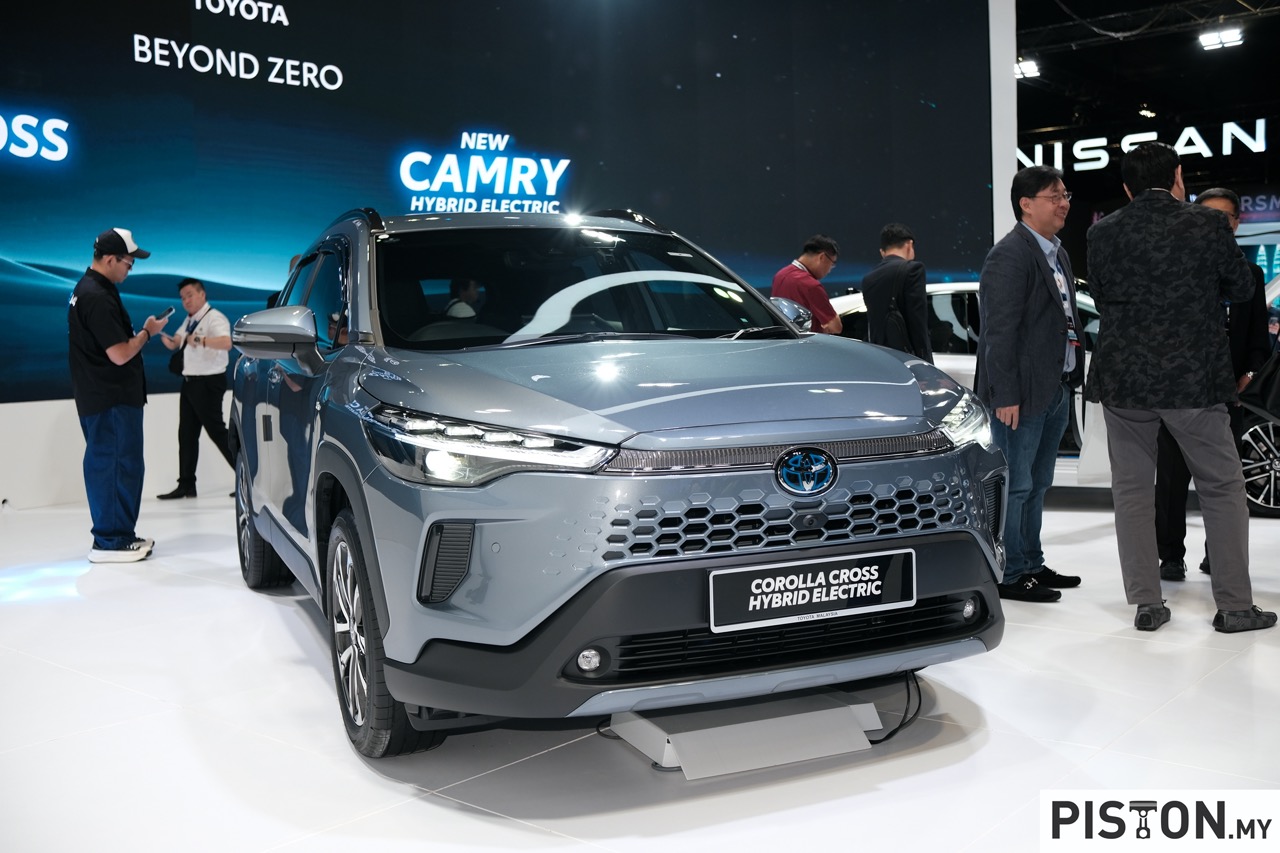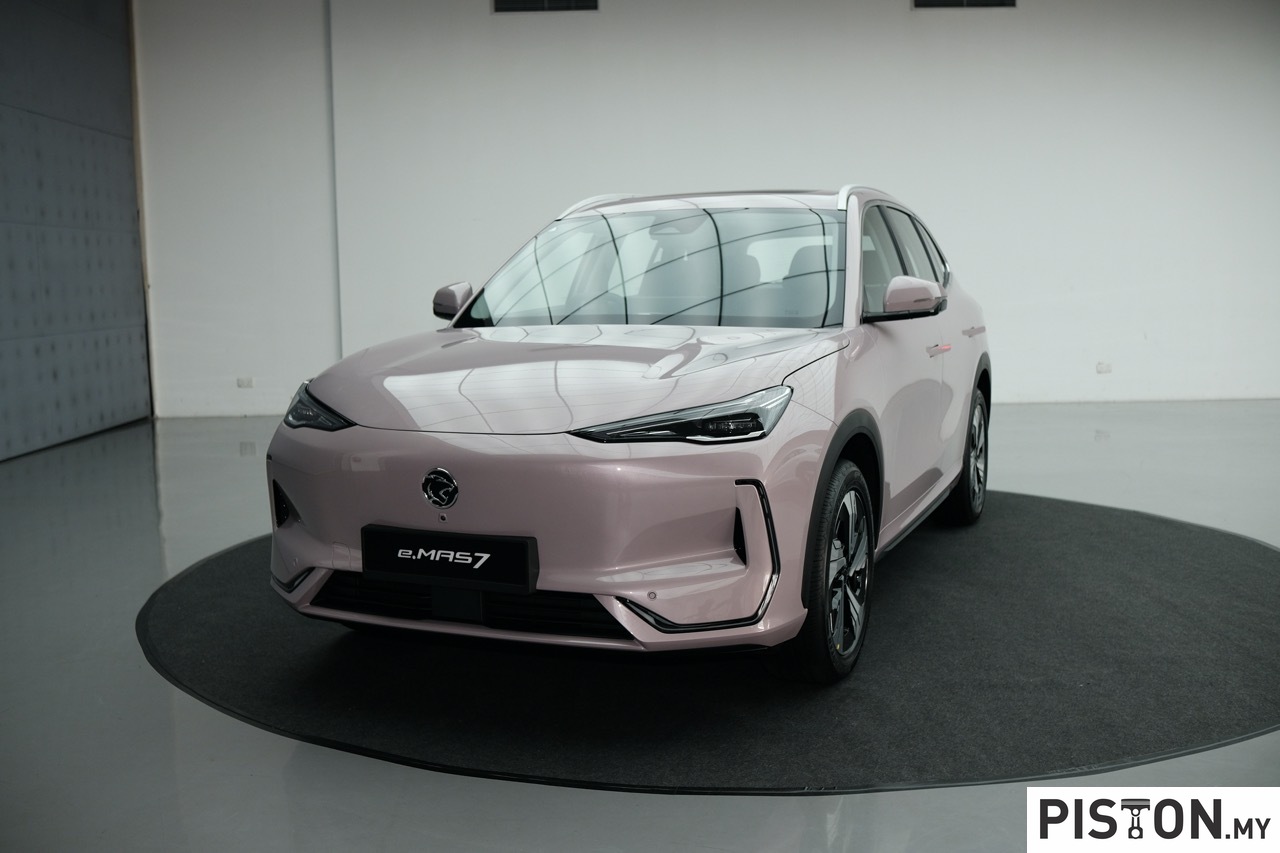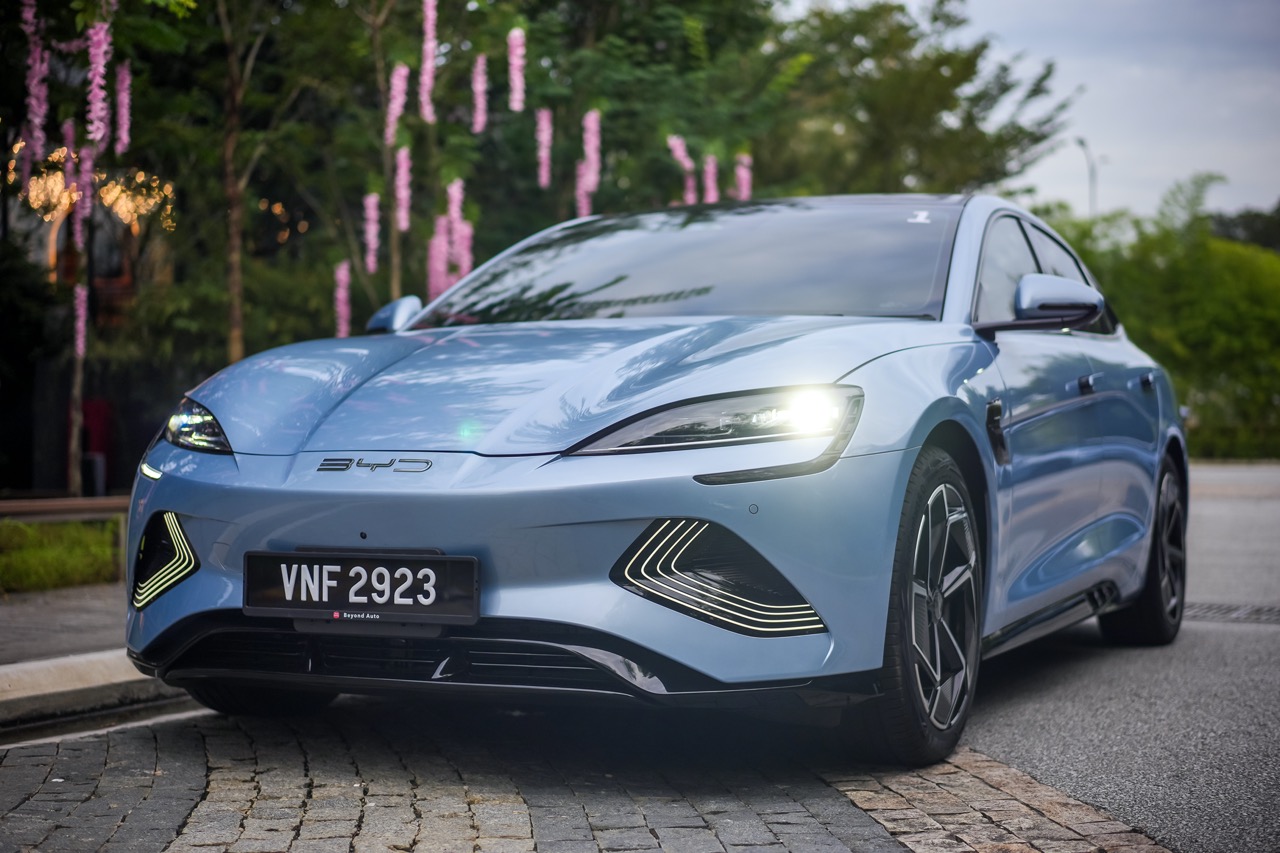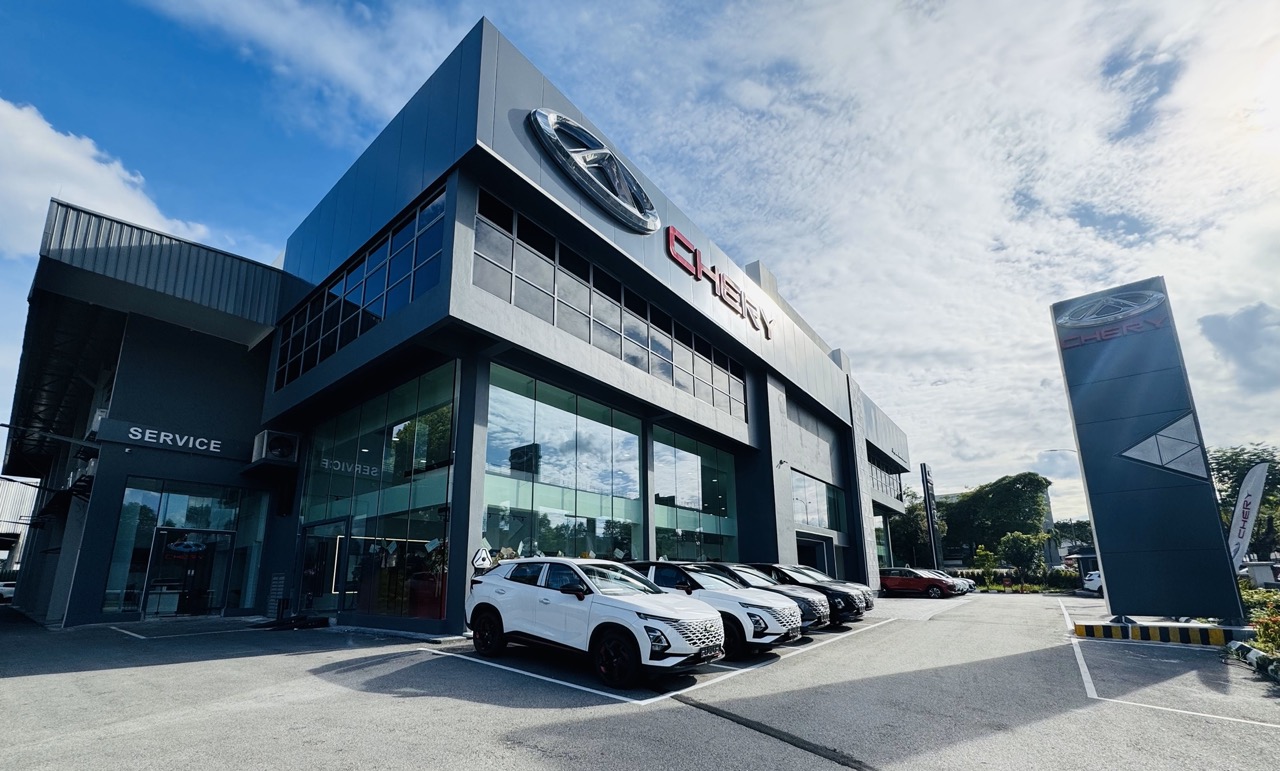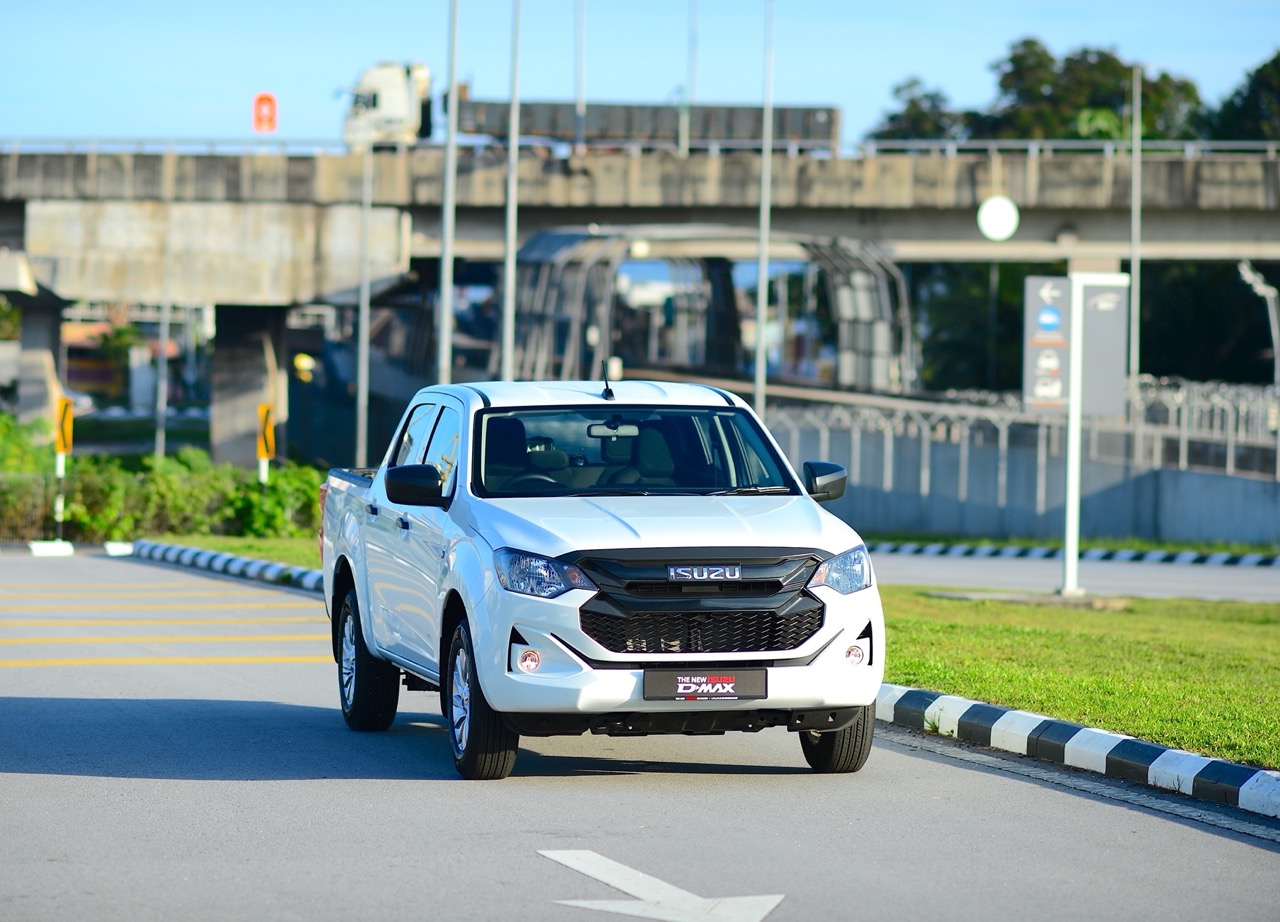Car manufacturers benefiting from the Thai government’s electric vehicle (EV) promotion measures will be required to invest in the domestic production of key EV components by 2026, according to the Bangkok Post. The three essential components—electric motors, reducers, and inverters—must be assembled locally. These parts are critical to an EV’s function, with electric motors converting electrical energy into kinetic energy, reducers acting like gearboxes, and inverters converting battery DC power into AC for the motor.
Mr. Ekniti highlighted that since the introduction of the government’s EV promotion initiatives—Phase 3.0 and 3.5—auto manufacturers have begun establishing production bases in Thailand, leading to a total investment of over 80 billion baht. The measures stipulate that participating companies must manufacture EVs domestically to match 100% of their first-year sales. If the local manufacturing requirement is not met in the second year, companies must produce 1.5 times the sales volume.
This policy is intended to stimulate investment and growth in Thailand’s EV industry while supporting economic growth and environmental protection. However, Mr. Ekniti noted that vehicle tax revenue had dropped by 30% during the first 11 months of fiscal 2024, largely due to declining production and sales, along with EV excise tax reductions.
In addition to these measures, the Board of Investment has introduced incentives to promote investment in EV battery production. Module-level investments receive an eight-year corporate income tax exemption, and pack-level investments are granted a five-year exemption, although these levels are not subsidised by the EV promotion fund. Cell-level investments, however, receive both an eight-year tax exemption and subsidies.




